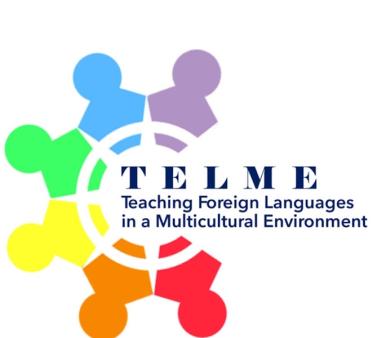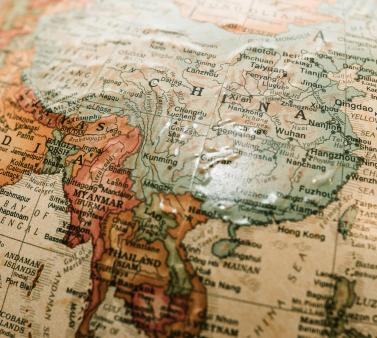This has been designed as a joint degree in conjunction with the following Masters’ degrees: Visual Arts, Breton and Celtic Studies, Design, History and Social Sciences, General and Comparative Literature, Linguistics and Language Teaching. The list of joint master’s degrees is subject to change.
Objectives
This is a multidisciplinary training course whose main objective is to play an active role in the digital revolution in Arts, Humanities, Languages and Human and Social Sciences research. More specifically, its aim is to pass on the methods and skills associated with knowledge co-construction and dissemination. These skills are based on academic and disciplinary demands on the one hand and epistemological and practical proficiency with digital environments on the other. Students will become competent in dealing with scientific data from start to finish (corpus building and data analysis, processing, and visualization). The main focus will be on heritage and cultural data as well as research data, both digitised and natively digital, and both standard research data and that derived from new forms of communication (User Data / Open Data, etc.).
Skills
Transversal skills:
-
Oral and written presentation techniques.
-
Writing summary papers and study reports.
-
Using multi- and inter-disciplinary approaches.
-
Actively gathering, using and generating information.
-
Proficiency in digital work environments.
-
Conducting a technology watch.
-
Participating in resource exchange networks and shared resources.
-
Conducting a needs analysis and writing technical specifications.
-
Leading a project: identifying goals and objectives, planning the means of implementation, structuring the different project phases taking into account researcher constraints and expectations.
Specific skills:
-
Helping researchers to build up data and ways of using this data: analysing information requests, making assessments, developing a research strategy.
-
Developing a data management plan.
-
Preparing, processing and post-processing digital documents so that they can be integrated into standardized thematic corpora.
-
Building literary, linguistic, historical, cultural and heritage textual corpora.
-
Building digital corpora.
-
Developing digital tools from problematizing the corpus.
-
Helping with the digital description of research data and with the implementation and adoption of standardized repositories.
-
Proficiency in digital workflows.
-
Data structuring and analysis; source analysis and criticism, scientific and technology watch.
-
Data programming.
-
Data processing: scripting language, statistics, XML trees, graphs, image and sound, 3D.
-
Indexing textual and non-textual sources (images, sounds).
-
Managing the digitization chain (inventory, digitization, file naming).
-
Proficiency in content structuring languages.
-
Proficiency in the tools and techniques for OCR processing, digital record-keeping, annotation, semantization, visualization, etc.
-
Understanding the strategic, social, cultural and professional issues in the digital environment.
-
Analysing source documents and dimensions to be represented for scientific exploitation.
Course Content
Semesters are structured around three fundamental blocks that all use progressive teaching:
-
TEACHING UNIT 1 (UE1), Theory and epistemology: fundamental principles of digital humanities.
-
TEACHING UNIT 2 (UE2), Notions and practices: conceptual understanding of digital documents, learning techniques and tools for data processing.
-
TEACHING UNIT 3 (UE3), Disciplinary and academic knowledge: fundamental principles of the disciplines involved in the joint degree, fully shared modules with the joint degree. Students must graduate from the joint degree to pass this teaching block.
From semester 9, students take part in a group project supervised by a professional in the field.
In semester 10, students are offered an optional internship.
Personal project: related to the joint degree discipline and drawing on the digital humanities. Students can choose the project as soon as they start the one-year Master’s degree (M1) or during the two-year Master’s degree (M2), according to the discipline and in agreement with a supervisor from the Digital Humanities Master’s Degree and possibly also from the Master’s degree corresponding to the chosen subject. This project can lead to a dissertation at the end of M1 for certain disciplines and, for others, to a defence at the end of the M2. The personal project may be linked to the completion of the optional internship.




